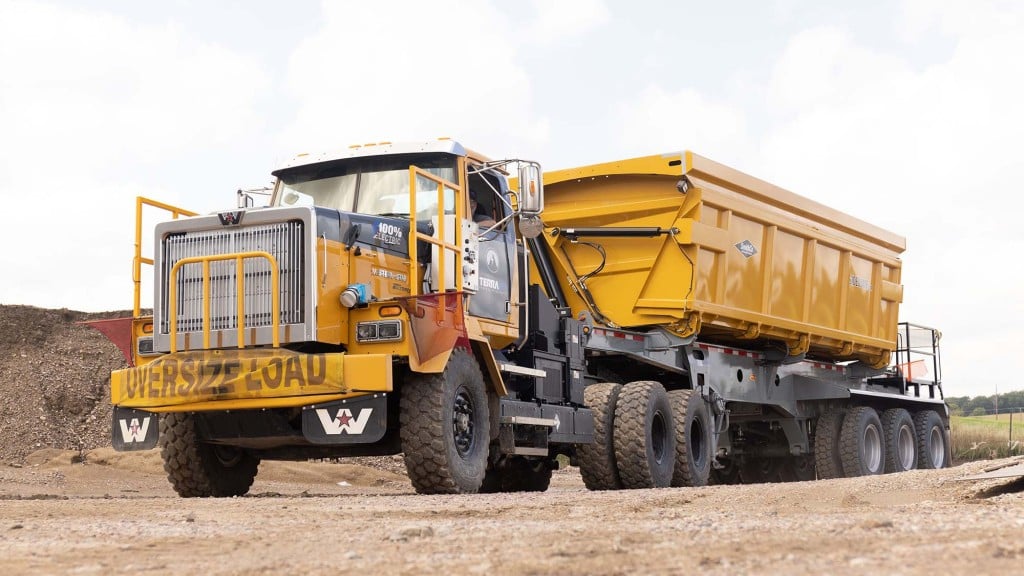The first year of construction on Phase 4 of the Kicking Horse Canyon project has seen notable progress, with new bridges under construction and retaining walls and new highway viaducts taking shape along this section of the Trans-Canada Highway.
"It is remarkable to see the transformation of this highway as the finishing touches are put on key bridges and the first year of construction nears completion," says Dominic LeBlanc, federal Minister of Intergovernmental Affairs, Infrastructure and Communities. "The Kicking Horse Canyon is a vital route for commerce and commuters, and its extensive renovation will benefit the local economy and community by reducing congestion and increasing road safety. Our government's investments in transportation often pull double duty, improving commercial trade and residents' quality of life."
Progress in Year 1 includes the construction of Bighorn Bridge, the project's longest bridge at 160 metres, where girders have recently been installed. The eastbound lanes of the Sheep Bridge are nearing completion with the concrete bridge deck recently poured.
"The engineering needed to upgrade Highway 1 through the Kicking Horse Canyon is absolutely extraordinary," said Rob Fleming, B.C.'s Minister of Transportation and Infrastructure. "The first year of construction has been challenging, but excellent progress has been made. When completed, these major improvements to this section of highway will make travel better and safer for all who use it."
The project is slated for completion in the winter of 2023 to 2024 with the next stretch of full highway closures expected this fall.
Phase 4 of the Kicking Horse Canyon Project involves realigning and widening 4.8 kilometres of the Trans-Canada Highway through the canyon. The work includes the construction of four new bridges and nine new viaducts.
The $601 million project cost is shared, with the Government of Canada contributing up to $215 million, and the B.C. government providing the remaining $386 million.




